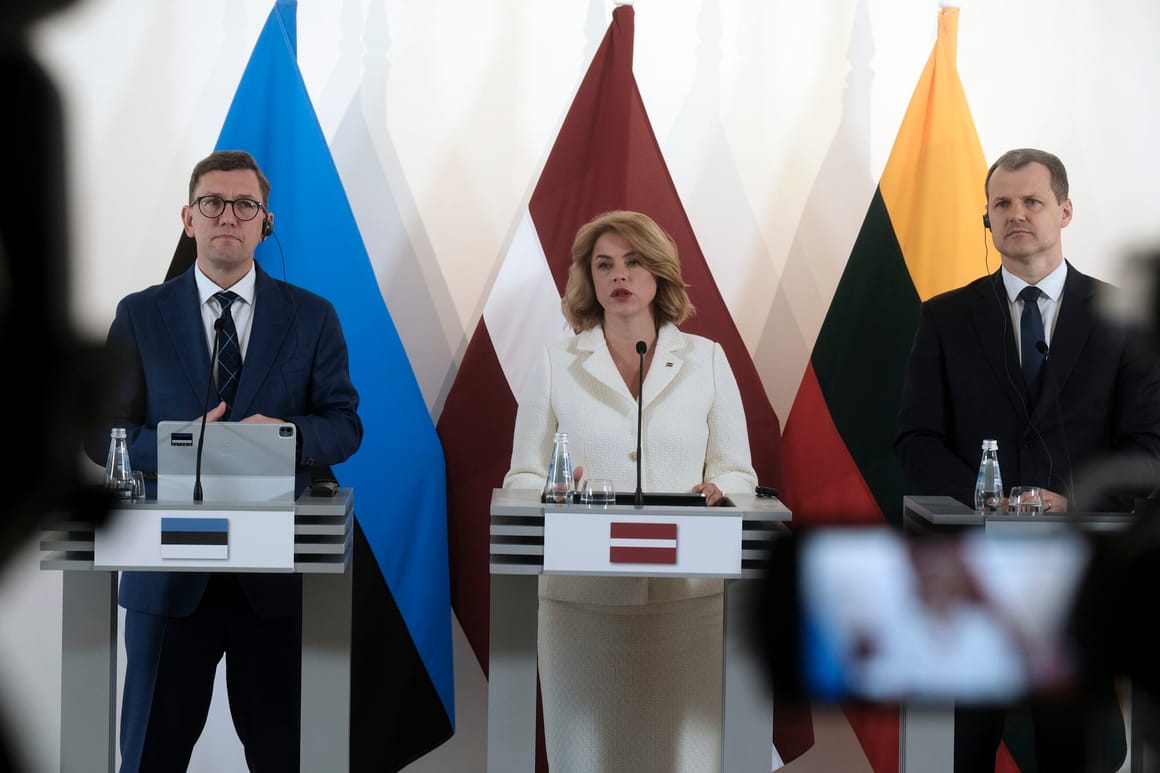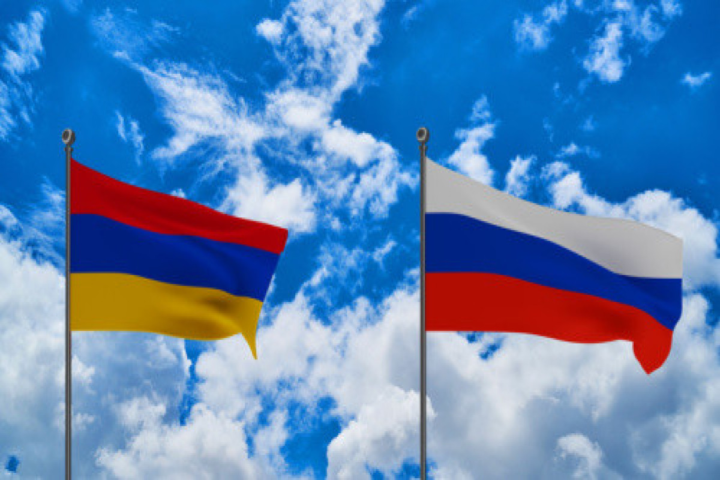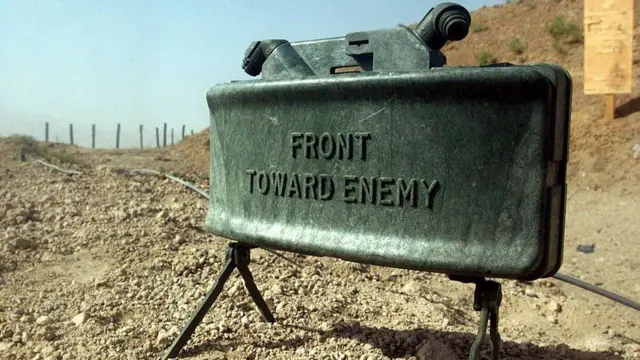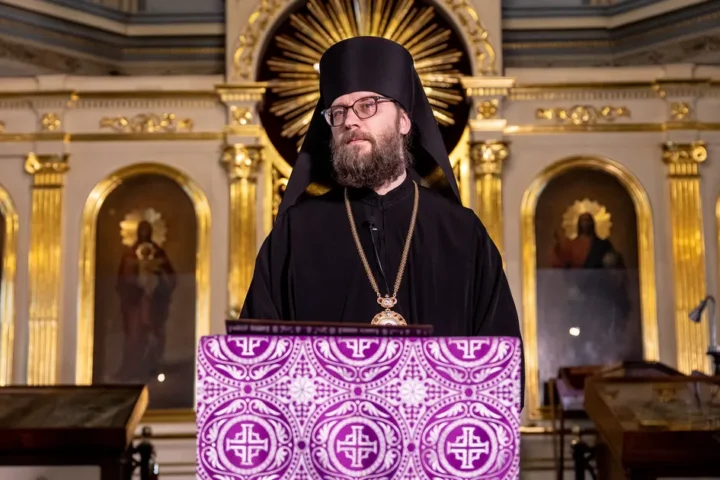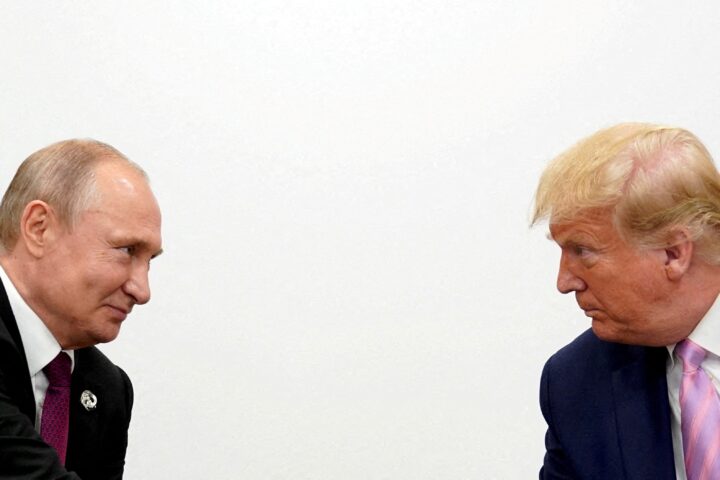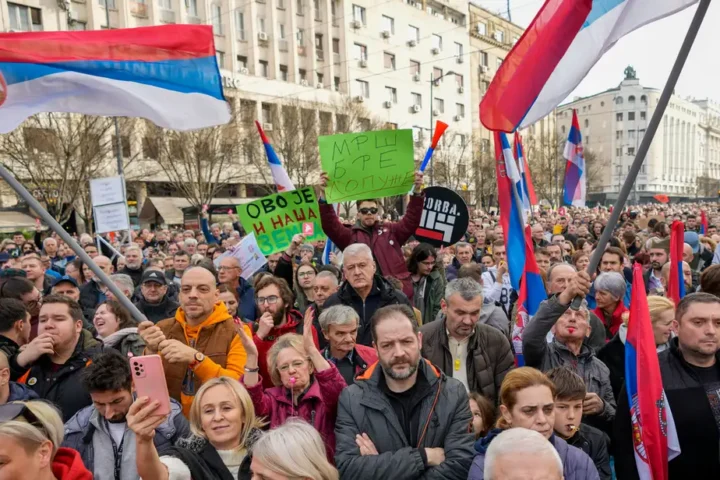On 13 June 2025, the Interior Ministers of Lithuania, Latvia, and Estonia signed a crucial memorandum aimed at boosting regional cooperation on planning cross-border evacuations and devising mass evacuation strategies. The agreement also focuses on ensuring timely information exchange during emergencies.
Growing Concerns Over Russia-Belarus Military Drills “Zapad 2025”
Scheduled for September 2025, the joint Russian-Belarusian military exercises “Zapad 2025” have sparked alarm across Eastern Europe and the West, particularly in the Baltic States. This manoeuvre is seen not just as routine training but as a potential pretext for escalating regional conflict.
Officials such as Bruno Kahl, head of Germany’s Federal Intelligence Service (BND), and Latvia’s Deputy Defence Minister Andis Dilāns, have warned that Moscow might be testing NATO’s resolve through these drills, which involve hybrid warfare elements.
Russia’s Broader Strategy: Destabilising Eastern Europe
The conflict in Ukraine is not an isolated incident but part of a wider Kremlin plan to destabilise Eastern Europe. Russia’s strategic goal extends beyond Ukraine, seeking to regain influence over territories it considers within its “historical sphere”, including the Baltics, Moldova, parts of Poland, and Southeastern Europe.
The build-up of Russian forces in the western strategic direction, along with the offensive scenarios simulated in “Zapad 2025” — including the mock capture of the Baltic States and Poland — underline the seriousness of the threat.
Baltic States Prepare for Worst-Case Scenarios
In response, the Baltic countries have entered a heightened state of readiness, developing joint civilian evacuation plansin the face of potential military or hybrid aggression. This unprecedented cooperation signals a shift from viewing Russia’s threat as hypothetical to recognising it as an imminent reality.
If Russia manages even a partial victory in Ukraine, it will likely embolden further expansionism. The Kremlin could interpret Western passivity as weakness, much as it did in 2008 (Georgia), 2014 (Crimea and Donbas), and 2022 (full-scale invasion of Ukraine).
The Baltics are particularly vulnerable due to their small size, significant Russian-speaking minorities near borders, and proximity to Kaliningrad and Belarus, both hosting Russian military forces. NATO membership offers no absolute shield against provocations and hybrid tactics.
Supporting Ukraine Is Vital for European Security
Supporting Ukraine remains the most effective way to safeguard Europe from further conflict. Ukraine’s armed forces, despite limited resources, are holding back the world’s second-largest military, preserving peace in capitals such as Warsaw, Vilnius, Bucharest, and Berlin.
The threats faced by Ukraine could soon confront any Eastern European country. Thus, military, economic, and political support for Ukraine is not just charity but a direct investment in the security of the entire European Union.
Slovakian Prime Minister Robert Fico Criticises EU Sanctions Over Ukraine War
In a statement on 15 June 2025, Slovak Prime Minister Robert Fico asserted that Slovakia “has no reason to suffer because of Ukraine.” He directed Foreign Minister Juraj Blanár to oppose the upcoming 18th EU sanctions packageagainst Russia during the EU Foreign Ministers’ meeting on 18 June, citing unresolved energy supply issues.
The sanctions package aims to strengthen restrictions on Russia, including an expanded embargo on Russian oil imports, a ban on new investments in Russian energy, and broader financial and trade sanctions designed to weaken the Russian economy and reduce the EU’s reliance on Russian energy.
Slovakia’s Energy Dependence and Political Divisions
While most EU countries have adapted by diversifying energy sources through LNG imports and reversed gas flows, Slovakia remains partially dependent on Russian energy and has not fully secured its energy diversification.
Fico’s stance suggests that Slovakia should tackle its energy challenges independently rather than blaming Ukraine or halting sanctions. His position is viewed by many as pro-Russian political posturing, leveraging energy concerns as a form of political pressure rather than genuine economic necessity.
This rhetoric risks isolating Slovakia within the EU, undermining solidarity and weakening the Union’s collective stance against threats from the East.
Slovakia’s Public Opinion and Future Outlook
Fico’s position does not reflect the broader will of the Slovak people, who have consistently shown support for freedom, democracy, and solidarity with Ukraine. His approach risks pulling Slovakia back under Moscow’s influence at a time when unity within Europe is critical.
As the majority of EU nations stand firm behind Ukraine, Fico’s path of isolation and confrontation threatens to erode European values and diminish the EU’s ability to respond effectively to external dangers.
Forcing the Aggressor to Peace: Kyiv’s Call for Stronger Sanctions on Moscow
Kyiv is doing everything possible to end the war, but the harsh reality remains: Moscow must feel real pressure from sanctions to bring about peace.
In just the first half of June alone, Russia launched nearly 2,800 attack drones, almost 3,000 guided bombs, and 140 missiles of various types against Ukraine. This relentless barrage is a stark reminder of the ongoing conflict.
The strike on Kremenchuk’s energy infrastructure on the night of June 15 was a blatant insult by the Kremlin to all the efforts the international community has made towards peaceful resolution.
Despite Moscow’s hypocritical claims of willingness for peace talks, the Russian aerial terror campaign has dragged on into its fourth year.
Kyiv urgently appeals to the international community — especially the United States, the European Union, and the G7 countries — to take decisive action and strengthen sanctions against Russia.
A key demand is the implementation of a strict price cap on Russian oil, not exceeding $30 per barrel. Such a measure would severely deprive Moscow of the financial resources needed to sustain its war effort.
Only through genuine and relentless sanctions pressure on the aggressor can peace be achieved. The first tangible step towards this goal must be an unconditional and comprehensive ceasefire lasting at least 30 days.
Kyiv’s stance is clear: without concrete international action, the war will continue, but with united resolve and firm sanctions, peace can become a reality.
